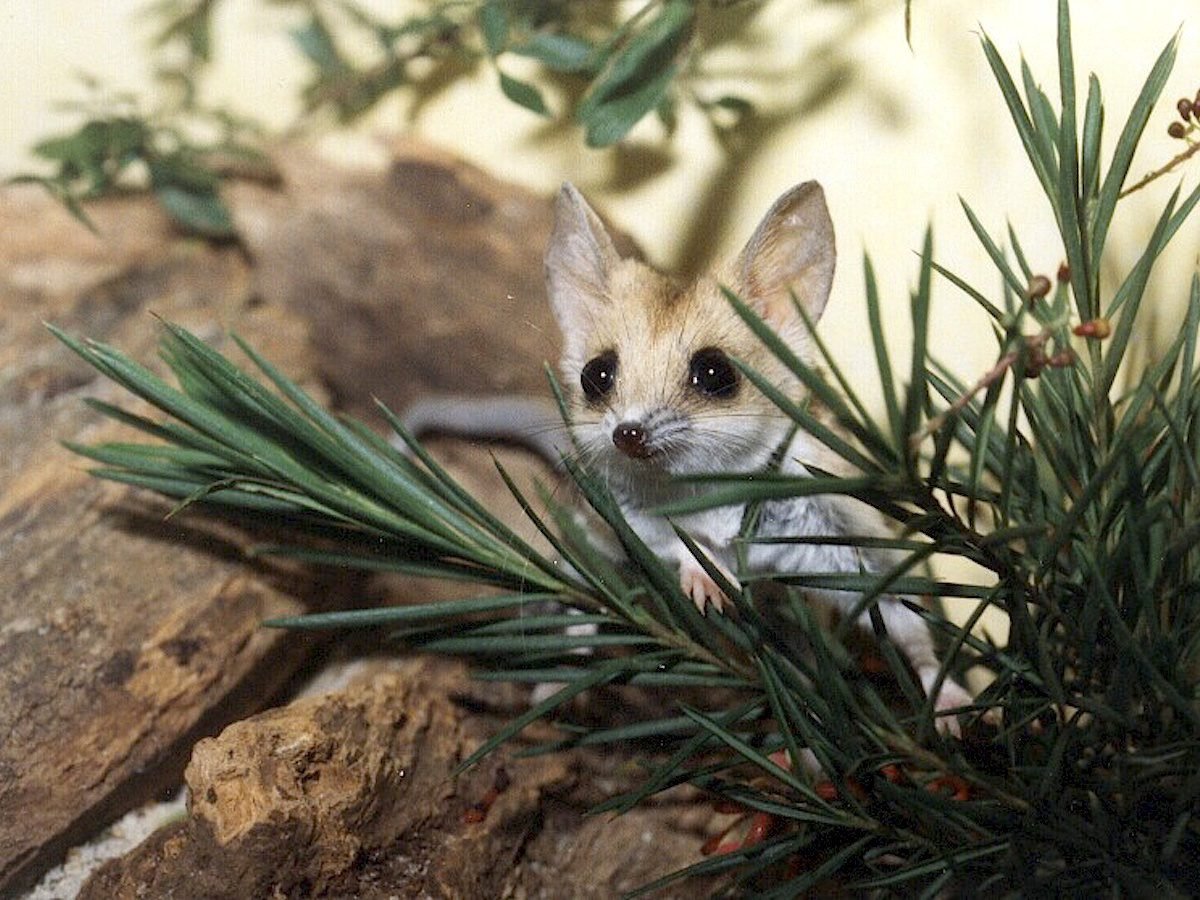Toxoplasmosis is a disease caused by a small parasite that is shed in cat faeces. Cats are the definitive host for the parasite, but marsupials are extremely sensitive to infection with the organism.
Marsupials usually contract the disease through exposure to cat faeces, feed that has been contaminated by cat faeces, or by eating the flesh of another animal that contains the parasite encysted in its muscles. Once in the environment the organism survives up to 46 days in the sun and 334 days in the shade. It can also be transmitted by infected earthworms, flies and cockroaches.
Clinical signs in marsupials can be very vague and include sudden death, blindness, nervous signs, and respiratory difficulties. Diagnosis is difficult. A blood test can be performed which will detect antibodies to the organism indicating exposure. However, by the time results are known it is usually too late and the affected animal has died. Treatment is not usually successful but can be attempted using sulphonamides or clindamycin at small animal dose rates.
Control centres around keeping cats out of feed sheds and preventing marsupial access to cat faeces. Meat should be cooked or frozen for at least two weeks prior to feeding to ensure all tissue cysts have been destroyed.
There is also a human health risk associated with the organism. Immunocompromised people are most at risk and the organism can cause foetal abnormalities if pregnant women become infected.

